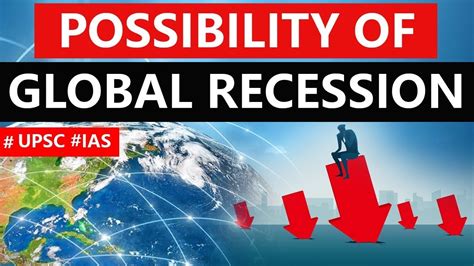by Paul Bedard, Washington Secrets Columnist
While rocketing inflation, cratering stocks, and persistent supply chain woes have the administration and public focused on the day-to-day economic crisis, the nation’s auditor has just issued a dire warning about the future.
“The federal government faces an unsustainable fiscal future. If policies don’t change, debt will continue to grow faster than the economy,” said the Government Accountability Office. Hint: Imagine things twice as bad as today.
Over 54 pages, the GAO’s annual federal audit calls for major pullbacks to fix the fiscal health of the government and economy.
But if the predictions included in the report are right, a bigger crash is coming due to nonstop growing debt, now equal to America’s gross domestic product. By 2050, and absent a major (and an unlikely) policy shift, the national debt will more than double to 217% of GDP, said the GAO.
“The federal government faces an unsustainable fiscal future. At the end of fiscal year 2021, debt held by the public was about 100% of gross domestic product, a 33% increase from fiscal year 2019. Projections from the Office of Management and Budget and the Department of the Treasury, the Congressional Budget Office, and GAO all show that current fiscal policy is unsustainable over the long term. Debt held by the public is projected to reach its historical high of 106% of GDP within 10 years and continue to grow at an increasing pace. This ratio could reach 217% of GDP by 2050, absent any change in fiscal policy,” read the audit.
Driven by increases in social spending and interest, the GAO said: “In our simulation, starting in 2024, debt held by the public grows faster than GDP in every year. In most years, debt held by the public grows more than twice as fast as the economy, in real terms.”
Spending on the interest on the debt, now about 6%, could surge to 27%, according to the audit.
And it all potentially adds up to a U.S. default on debt payments, leading to even more economic hurt, said the GAO.
The agency offers some solutions, but it is unclear if Congress is willing to go along. For example, it suggests changes in Social Security and Medicare and more and better tax collection and fines.
fiscalhealth
